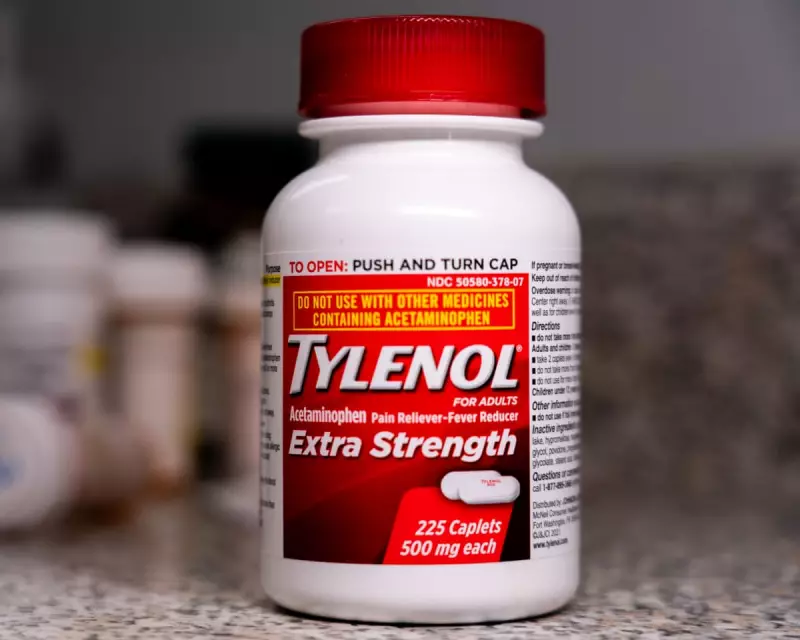
Medical experts and leading health bodies have issued a stern condemnation of Donald Trump after the presidential candidate made unsubstantiated claims linking prenatal paracetamol use to autism during a campaign rally.
The former president's remarks, which referenced the common painkiller Tylenol (known as paracetamol in the UK), have been labelled as 'dangerous misinformation' by scientists who stress there is no credible evidence to support such a connection.
A Rally Remark Ignites a Firestorm
During a speech aimed at rallying his supporter base, Trump ventured into controversial medical territory. He suggested that acetaminophen, the active ingredient in Tylenol, could be a contributing factor to the rise in autism diagnoses, a statement that immediately drew gasps from the medical community.
Leading health organisations, including the American College of Obstetricians and Gynecologists (ACOG), were quick to respond. They reiterated their long-standing guidance that paracetamol remains one of the safest pain relief options for pregnant women when used as directed.
Experts Weigh In: 'Baseless and Irresponsible'
Scientists specialising in neurodevelopment have expressed profound concern. Dr. Paul Offit, a paediatrician and infectious disease expert at Children's Hospital of Philadelphia, stated the claims have 'no basis in established science' and risk causing unnecessary alarm.
Experts point to a critical flaw in Trump's logic: while some limited observational studies have explored a potential correlation, these do not prove causation. Factors such as underlying maternal health conditions or the reason for taking the medication could be the true influencers, not the paracetamol itself.
The Dangers of Politicising Health
The incident has sparked a broader debate about the consequences of politicians making sweeping health claims without scientific backing. Public health officials warn that such rhetoric can:
- Erode trust in established medical advice.
- Lead pregnant women to avoid safe pain relief, potentially causing harm.
- Create unfounded fear and stigma around autism.
This is not the first time Trump has championed debunked medical theories, having previously promoted scepticism towards vaccines. The pattern, critics argue, poses a significant threat to public health.
What Does the Science Actually Say?
The consensus across major global health institutions is clear. Organisations like the FDA and the UK's NHS continue to endorse paracetamol as a safe choice during pregnancy for treating pain and fever. The advice is always to use the lowest effective dose for the shortest possible time.
For now, experts urge the public to consult healthcare professionals for medical advice, not political figures, emphasising that the evidence for a Tylenol-autism link remains firmly in the realm of speculation, not fact.





